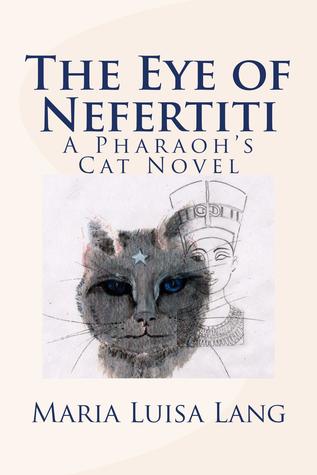Title: Dragon's Future (Dragon Courage # 1)
Author: Kandi J. Wyatt
Publication Date: August 10 2015
Publishing Company: Booktrope/Updrift
Number of Pages: 262
What Goodreads has to say:
Every child of Woolpren dreams of becoming one, but only a few are chosen. Now, ten-year-old twin brother and sister, Ruskya and Duskya, have been selected to join an elite group of riders: dragon riders. Full of awe and excitement, the twins leave their mother, and their home, to train for their new lives.
Fifteen years later, dragons are becoming extinct and riders are rare. One day, Ruskya is at the general store in town when a man announces that he is recruiting new dragon riders. Ruskya goes undercover, and discovers that there is another colony of riders with their own agenda—a quest to find a mysterious plant that could restore the dragon population, or destroy it. When a battle erupts between the two colonies, it’s up to Ruskya and his friends to fight for their dragons’ future, and their lives.
Follow Ruskya’s quest as he finds courage and friendship in this exciting middle grade fantasy series by new author Kandi J Wyatt.
What I have to say:
Dragon's Future is a fun little story about family, friendship, courage, and, of course, dragons.
Because adding dragons to any story automatically makes it that much more awesome.
Also, kudos to whoever is responsible for that cover, because it's gorgeous.
This book made me think of a quote often attributed to G. K. Chesterton:
"Fairy tales are more than true – not because they tell us dragons exist, but because they tell us dragons can be beaten."
Which leads me on to a similar C. S. Lewis quote:
"Since it is so likely that children will meet cruel enemies, let them at least have heard of brave knights and heroic courage. Otherwise you are making their destiny not brighter but darker."
As I reflect back on
Dragon's Future, I find that this is my main takeaway from the book. To paraphrase the two quotes above, great stories - and specifically great fantasy stories - arm children with the courage they need to face their own "dragons." This is one of the many reasons that fantasy stories are useful and essential to society, but lest I get carried away on
this topic, I'll return to
Dragon's Future.
Dragons can in fact be beaten, and that's something Wyatt's story illustrates very well. But the story also teaches that not all dragons need beating. Some dragons are, in fact, quite adorable.
As Ruskya and his friends form lasting friendships with dragons, they are given power and courage to face their worst fears. Of course, their friends help as well. As Ruskya rides off to battle his nemesis (that's all I'll say, as I don't want to give any spoilers), he knows he couldn't pull it off without the help of his friends and his dragon. And I think that teaches us something important as well.
Wyatt's characters are charming and likeable throughout; I was especially taken with Carryl, the brave healer with an impenetrable strength.
Dragon's Future propels its reader into a world of dragons, farmers, and townsfolk. I loved the feel created by the names of characters and places, and the details we got about the setting and environment. Names like "Woolpren," "Duskya," and "Wyeth" just give me a kind of warm, honey feeling. But maybe that's just me.
While it was a fun story with likeable characters and an imaginative setting, though, there were a few things that kept me from really immersing myself in this book.
For one thing, I couldn't get behind the writing style. While there were moments of great storytelling, in general I felt like the voice left something to be desired. I think the author could really have improved the story by
showing more instead of
telling.
On a related note, the story didn't draw me in as much as I would have liked. The first chapter was fun, as two young twins attend a ceremony to find out if any of the dragons will choose them as riders. But after that, the plot kind of got stuck for a bit. Maybe it's because learning to communicate mentally - while an awesome ability - is not all that exciting to read about. And while the characters are all likeable, and some are interesting, I felt like most of them had more potential for growth, which would have made the story a little more engaging.
That being said, I am not a Middle Grade reader, and maybe readers closer in age to the intended audience (roughly 8 to 12, I think) will enjoy this story more than I did.
After all, it does have dragons in it.
Rating (out of 5) :
Until tomorrow.

